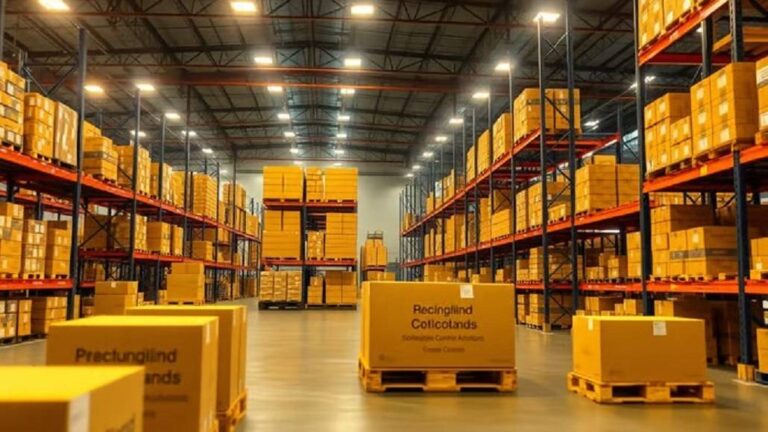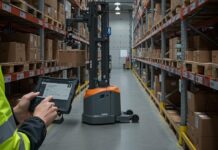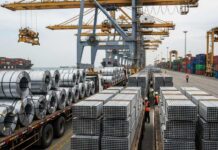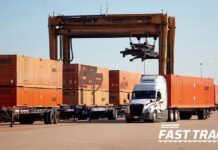
This podcast assesses how artificial intelligence (AI) and machine learning (ML) will evolve supply chain optimization by 2025, using predictive analytics, enabling automation, and higher levels of collaboration. It is discussed that the power of these technologies will ultimately supersede the limits of traditional supply chain increase, providing unprecedented operational speed, accuracy, and capacity.
Listen to the Podcast:
Some important points regarding how AI and ML are revolutionizing the supply chains are mentioned below:
-
Demand forecasting
ML algorithms analyze data from wherever there is data, drawing on past and present data, also to alleviate the sorting and packing activities associated with the process. These demand forecasts generated by algorithms are alike, unrealistically accurate. The result is an organization that can maintain optimal inventory levels, avoid running out of stock, reduce surplus stock, and respond to sudden turns in the marketplace with meaningful speed and accuracy.
-
Automation and process efficiency
AI automates mundane tasks such as order processing, shipment scheduling, and invoicing management, reducing the risk of human error and freeing up resource capacity for strategic initiatives. Robotics and automated guided vehicles (AGVs) will remove several ancillary tasks associated with sorting and packing processes and improve the speed of warehouse activities.
-
Real-time decision making
AI systems can interpret many data sources for example, real-time weather forecasting, to easily see mood, tempo to identify disruptions overall supply chain disruptions at the same time.
-
Improved collaboration
AI-powered systems improve collaboration by connecting manufacturers, retailers, and suppliers in real-time. This leads to better demand planning, reduced lead times, and increased transparency, all of which support supply chain confidence and agility.
-
Risk management and contingency planning
ML examines historical disruptions to detect risk trends and predict potential issues, helping businesses to develop stronger contingency plans and boost supply chain resilience.
-
Personalized customer experience
Machine learning can help optimize product recommendations, delivery routes, and restocking products, which ultimately have positive effects on customer satisfaction and loyalty.
-
Case studies
There are a large number of organizations committed to the implementation of AI technology for reasons of improving and in some cases automating inventory, pricing, and allocating resources and dollars to solve probational thinking, solve on retaining for future applications and customers, improving service issues and levels of retention. The successes of these companies can be applied to other industries.
-
Logistics optimization
AI is able to optimize routes for logistics providers, reducing fuel consumption and improving the accuracy of delivery windows. Predictive analytics can improve demand forecasting as well as improve warehouse management systems, which ultimately saves cost and contributes to sustainability.
-
Challenges and Ethical Considerations
The large-scale adoption of AI raises concerns about data security, privacy, loss of jobs, and skills. As companies look to implement these technologies, a significant investment in cybersecurity, regulatory compliance, and continued education and training to develop their qualification.
In conclusion, this podcast demonstrates that AI and machine learning are tools more than anything else—force multipliers transforming supply chain management. By 2025, those firms that use such technologies will gain better forecasting, automation, risk avoidance, and customer customization, gaining a competitive advantage in the dynamic market.
Download Podcast:
You can download the podcast directly
Additional Resources:
For more details on AI and ML in Supply Chain Optimization by 2025, check out the original article:
Role of AI and Machine Learning Supply Chain Optimization by Supply Chain Informs.






























